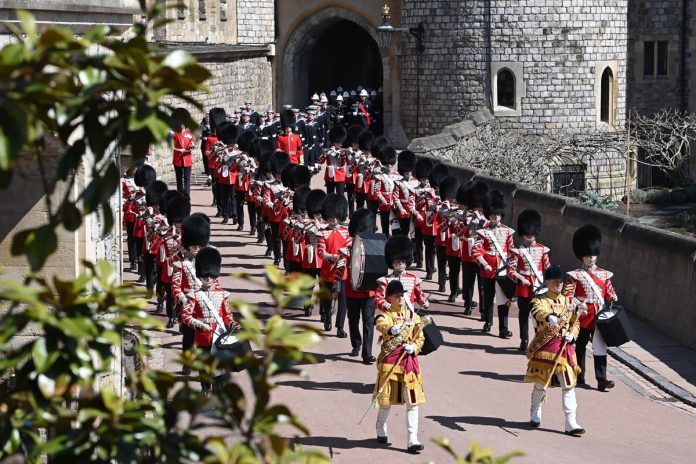Prince Philip carefully selected the music that will be played at his funeral today (April 17th).
The ceremony, which takes place at Windsor Castle, was planned by the late king himself for nearly 18 years.
The service begins at 3 p.m. and lasts 50 minutes.
A four-member choir from St. George’s Chapel will perform the ceremony’s only hymn, William Whiting’s “Eternal Father, Mighty To Save,” and three other songs written at the behest of Prince Philip.
Written by William Whiting in 1860, “Eternal Father, Mighty to Save” was inspired by the dangers of the sea described in Psalm 107 and is also referred to by many as “To Those in Peril at Sea.”
Recommended
Philip, who served with honors in the Navy during World War II, once described the sea as “an exceptional master or lover.”
“It has such extraordinary moods that sometimes you feel like this is the only kind of life and 10 minutes later you are praying for death,” he said.
He also made two world trips with the Royal Yacht Britannia.
“The Jubliate”, which the English composer Benjamin Britten wrote for St. George’s Choir at the Duke’s request, literally means “song of joy” and contains a hint on how to enter God’s “gates with thanksgiving”.
Independent culture newsletter
The best of film, music, television and radio delivered straight to your inbox every week
Independent culture newsletter
The best of film, music, television and radio delivered straight to your inbox every week
It is believed that Prince Philip asked Britten in 1958 to compose both the “Jubliate” and the “Te Deum”. Britten died in 1976.
A version of Psalm 104 is performed by the singer quartet in the chapel under the direction of James Vivian and set to music by guitarist and composer William Lovelady. The work premiered in 1996 on the 75th birthday of Prince Philip.
It tells of “Lord of Heaven, clothed in majesty and honor … seas which he has made his garment” and water that rises above the highest mountain.
Action stations that sound on naval warships to signal that all hands must go to battle stations are also played at Philip’s special request.
Royal Marines buglers will carry out the War Alert, a tradition sometimes associated with burials at sea, and the final post is played to indicate that “a soldier has gone to his final resting place.”
Also included in the service are Sir William Harris’ “Adagio Expressivo (Sonata in A minor)”, Percy Whitlock’s “Salix (The Plymouth Suite)” and “Berceuse (op. 31 No. 19)” by the French composer Louis Vierne.
Bach’s choral prelude “Adorn Yourself, O Dear Soul” and Vaughan Williams’s “Rhosymedre” will also be performed.
A pipe major from the Royal Regiment of Scotland will play a suit as the Duke’s coffin is lowered into the royal vault.
At the end of the funeral, the choir will sing the national anthem.
Follow the latest updates from the ceremony here.
Additional coverage by the Press Association

